Inclusive workplace practices
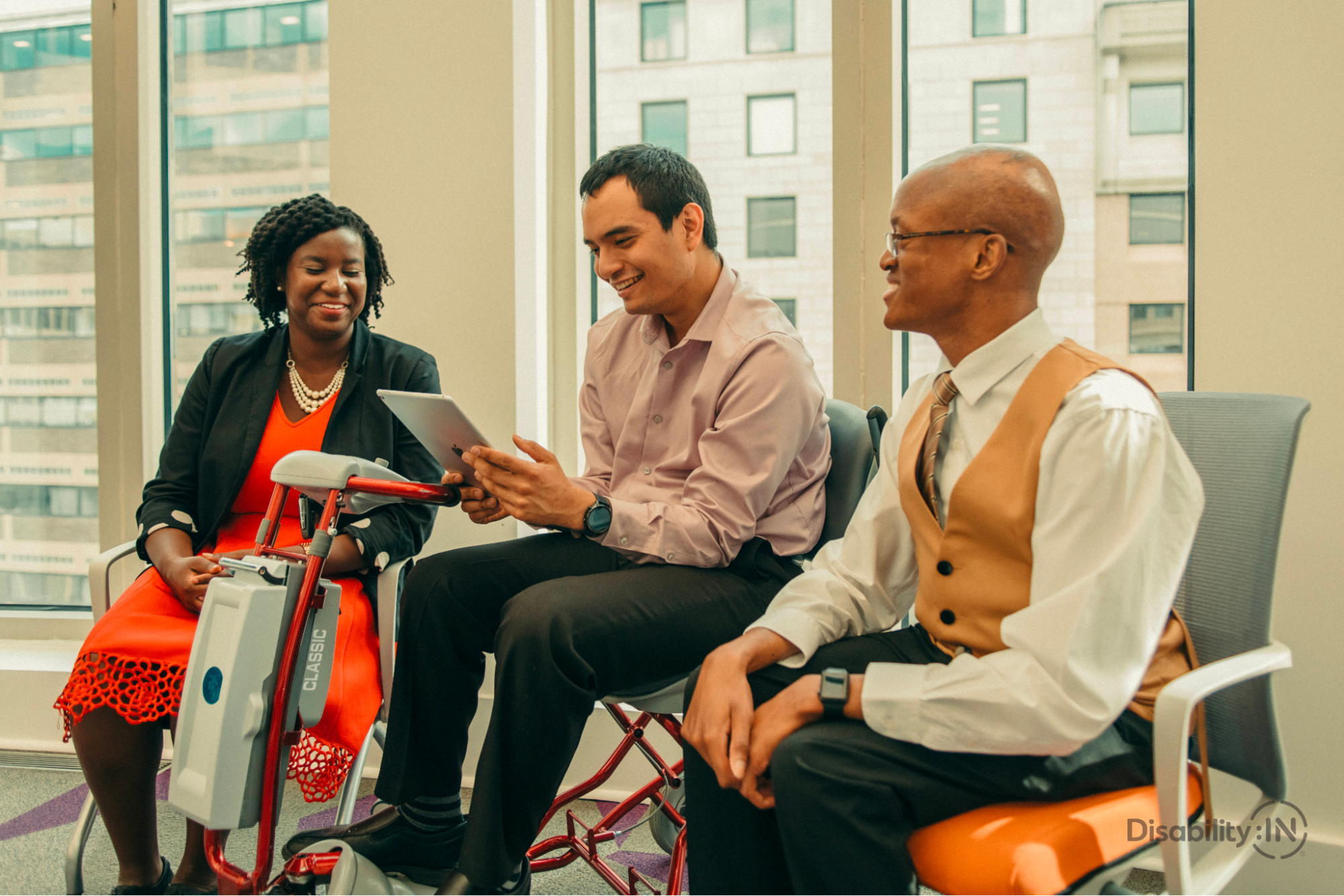
The MRS Unlimited Steering Group presents a range of helpful resources to help guide you through disability inclusive workplace practices. We are a driving force for disability inclusive research and researchers globally serving the market research sector, businesses, and of course the people who give into the research sector.
If you would like the MRS Unlimited team to share and show how resources can be implemented into your business please contact us to arrange digital or in person sessions.
Please note that this is a work-in-progress resource page with uploads happening monthly.
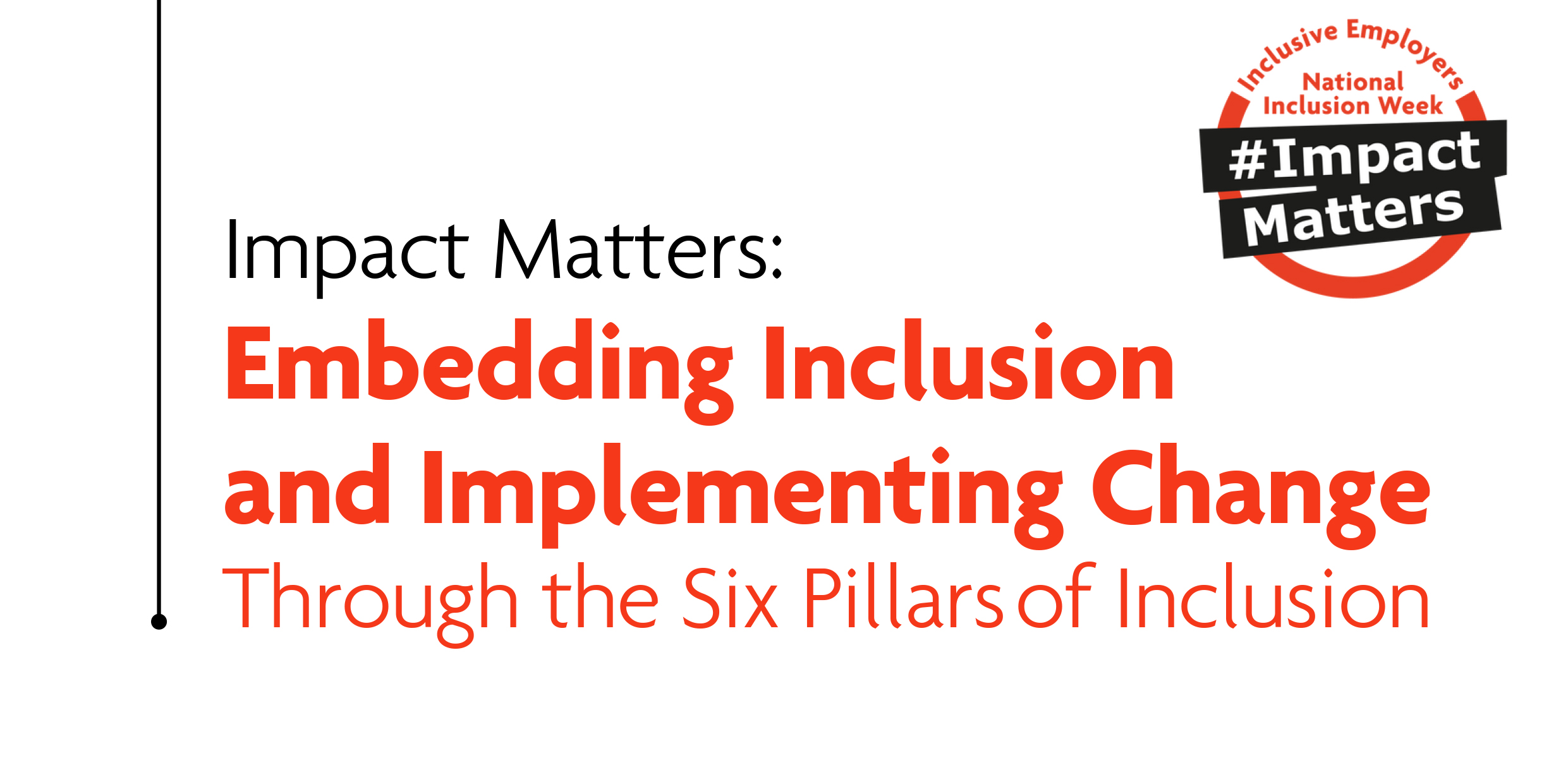
This guide is part of the toolkit for National Inclusion Week 2024. The theme
for the week is Impact Matters.
It has been designed to help individuals build a business case for inclusion in
their workplace, by having the tools and information for this you are able to
ensure that inclusion in your organisation has an impact that matters.
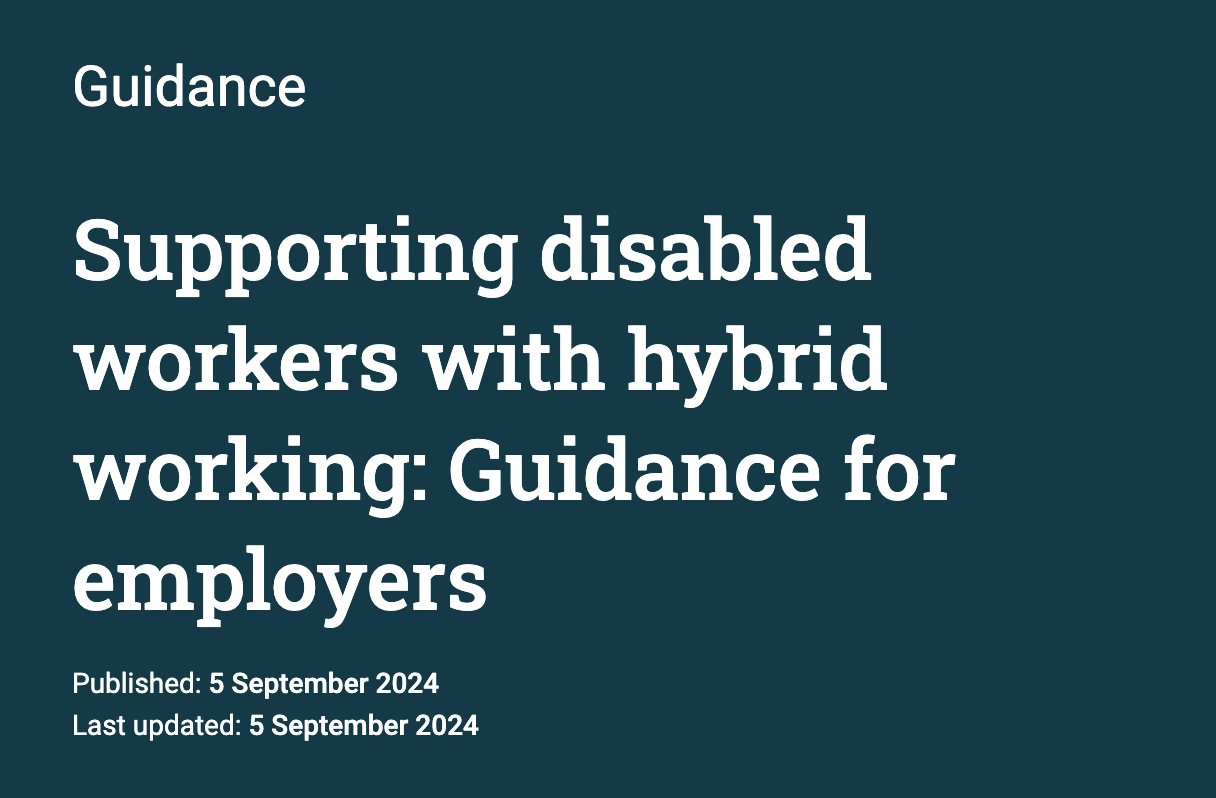
This guide is for employers and is aimed at managers and leaders who are supporting disabled workers by participating fully in hybrid working.
It provides practical tips, conversation prompts, questions and case study examples. It covers both recruitment and employment.
This guide does not contain an exhaustive list of the issues you may need to discuss with your worker. The conversations you have will depend on the worker’s circumstances and needs.
Neurodiversity
FREE ADHD Mini Course — a new resource from Minds of All Kinds to support those recently diagnosed with hashtagADHD.
Why This Matters: ADHD diagnoses are on the rise, especially amongst adult women. Unfortunately, many adults are "diagnosed and dumped," left to figure things out on their own without adequate support. In response I hosted several free community workshops this year, featuring community leaders like IngerShaye Colzie, MSW,LSW, Marc Almodovar and Jaye Lin. Seeing the HIGH demand for these events, I wanted to create an even more accessible and scalable resource to help bridge this critical gap in support.
This mini course is like an orientation session - you will get an overview of what ADHD is, recognize unique strengths and common challenges, explore 8 strategies for managing ADHD, and learn about resources available to you.
Neurodiversity Hub
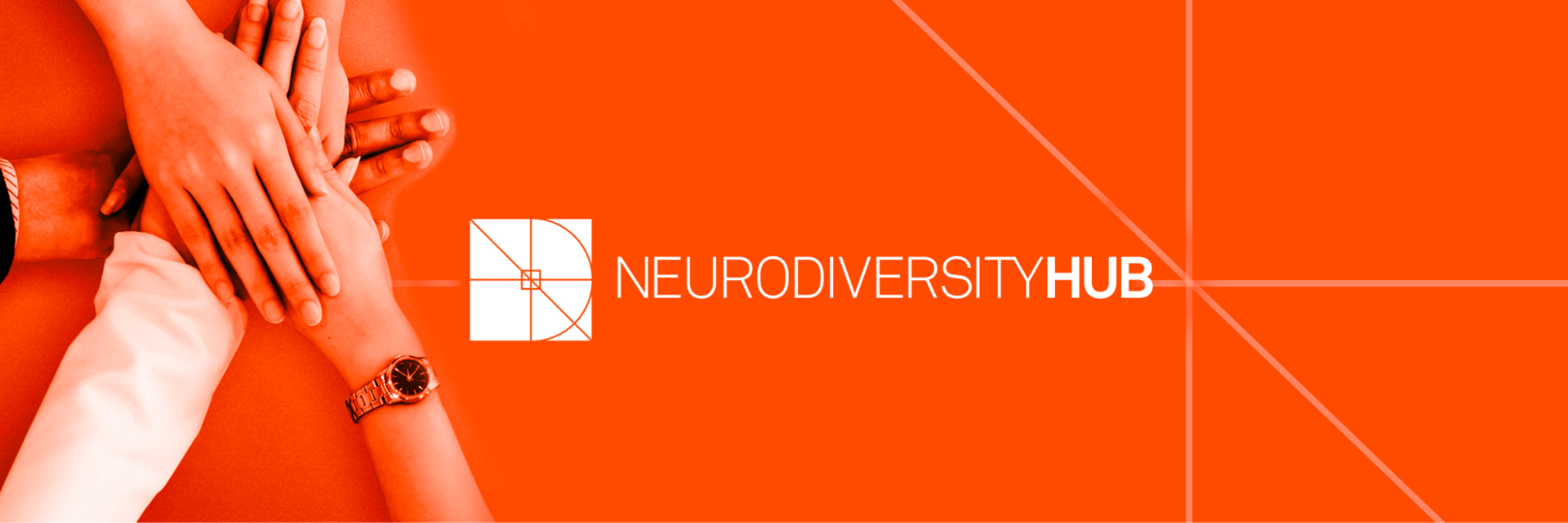
MRS Unlimited presents a range of passionate efforts of a great many people in the Neurodiversity Hub community of practice, some fabulous resources have been assembled that we hope will go a long way in assisting students and young adults get through their university and college studies, obtain a job and start a career.
There are resources for autistic students and young adults, parents and carers, employers, university staff, aspiring entrepreneurs, architects & building designers and senior secondary school students.
Please spend some time checking out these great resources we’ve made available for you.
Reasonable adjustments
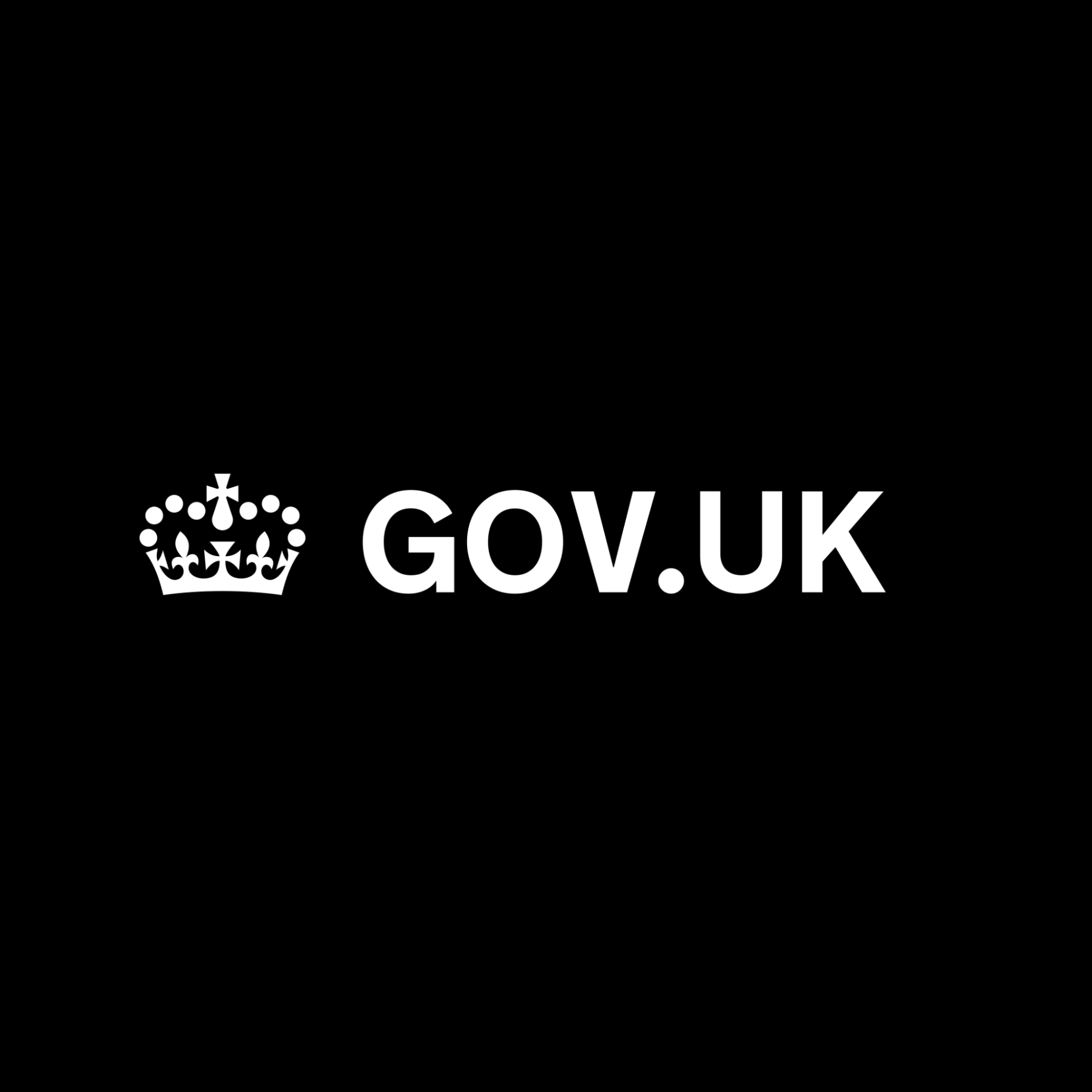
Gov.uk
Reasonable adjustments for workers with disabilities or health conditions*
Employers must make reasonable adjustments to make sure workers with disabilities, or physical or mental health conditions, are not substantially disadvantaged when doing their jobs.
This applies to all workers, including trainees, apprentices, contract workers and business partners. Whilst at MRS Unlimited we want to push forward thinking inclusive practices, it is important to highlight what is mandatory. The webpage highlights some thoughtstarters to how businesses can apply reasonable adjustments and provide support for those seeking for help through the DEA (Disability Employment Advisor) and a link through to Access to Work for employees.
TUC Disability passports - What is a reasonable adjustments passport? (includes template)
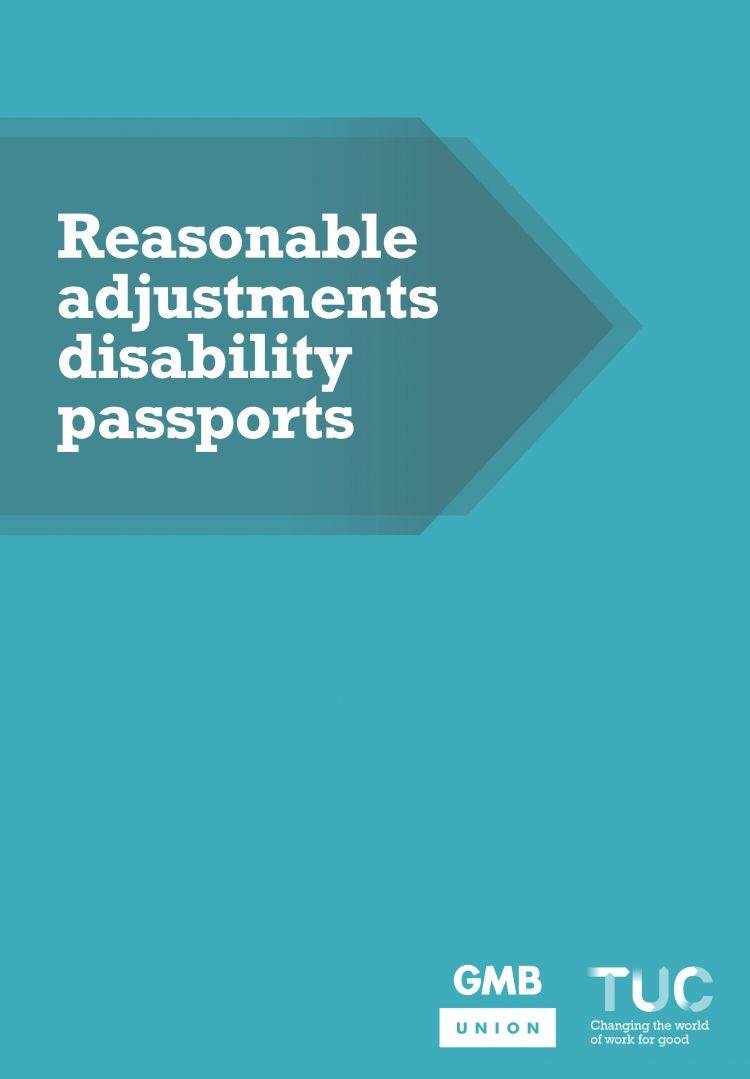
This is for either employees or employers to formalise reasonable adjustments between the two parties to ensure accessibility needs to work are met. The TUC Disability passport also includes a template policy to follow and to have signatures and dates of reasonable adjustments in place.
MRS Unlimited sees this resource as a great way of securing that employees have what they need to work and employers feel that they have met the needs of their employees in writing.
Citizens Advice: Asking your employer for changes to help you if you’re disabled
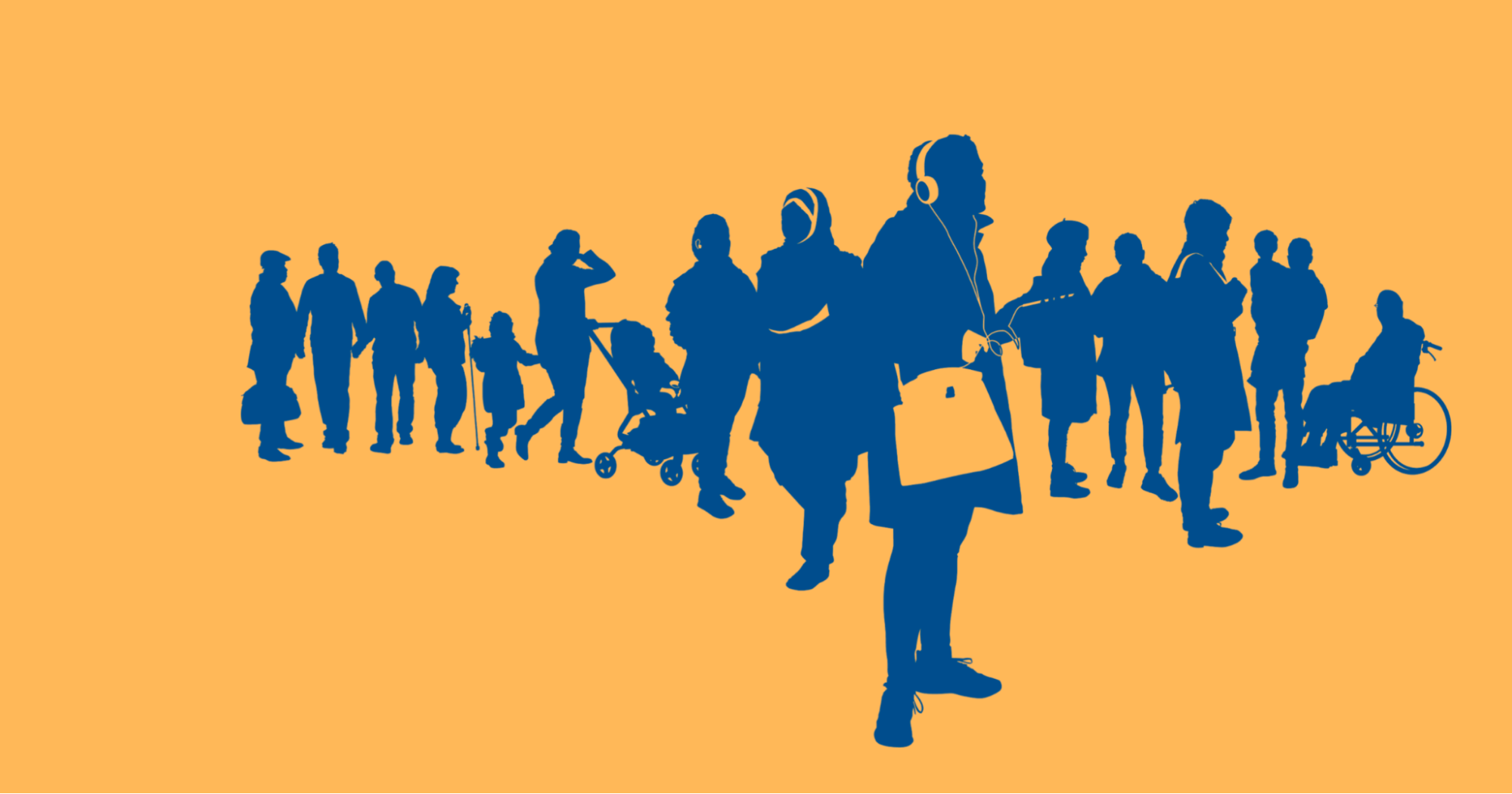
Your employer might have to make adjustments to help you do your job as well as someone without a disability. The Equality Act 2010 calls these ‘reasonable adjustments’. They can be changes to policies, working practices or physical layouts, or providing extra equipment or support.
The Bridge Between - Neurodivergence in the workplace and reasonable adjustments
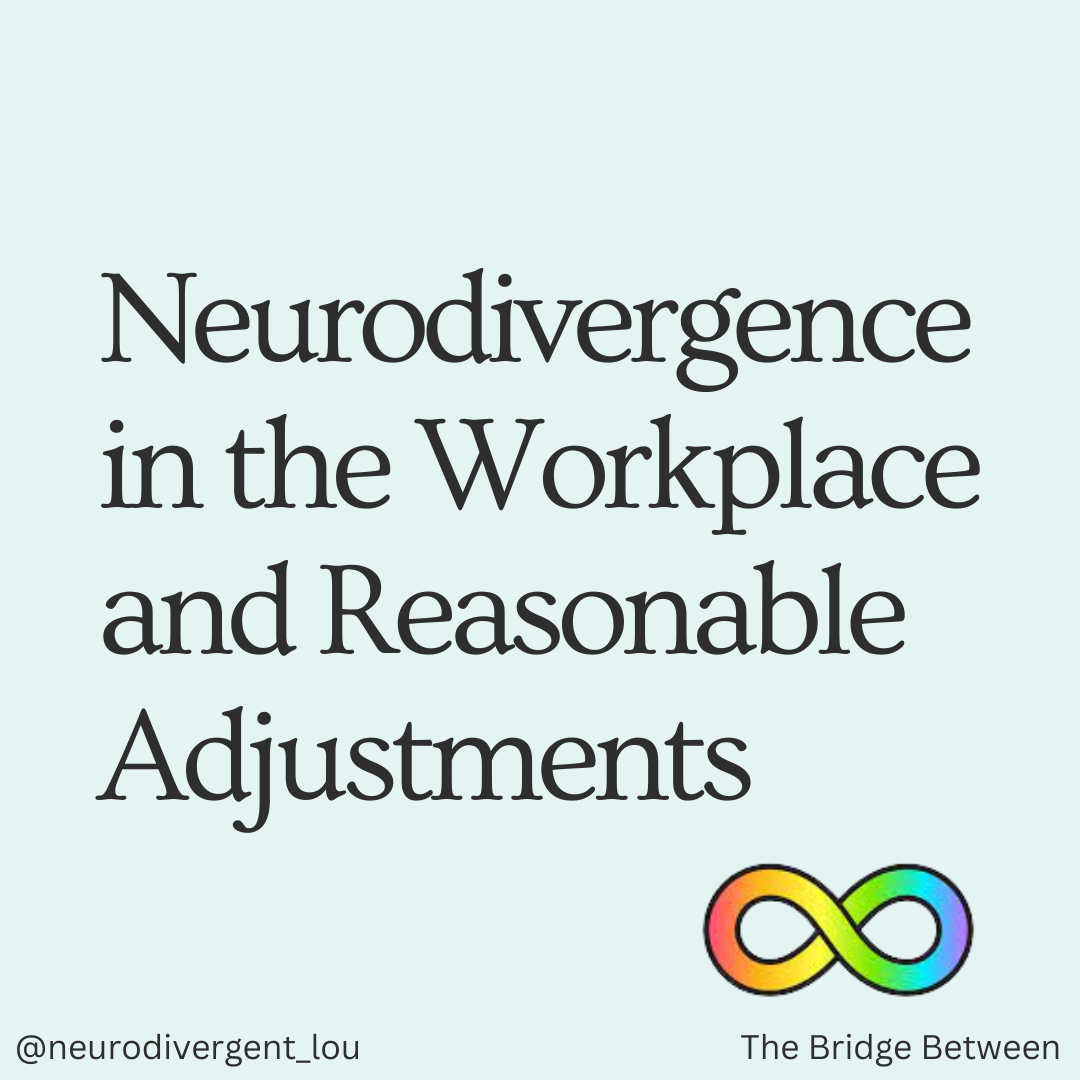
The Bridge Between collaborated with the insightful neurodiversity advocate Neurodivergent Lou on reasonable adjustments in the workplace.
The 30 minute interview asked 10 questions to hopefully break the taboo around reasonable adjustments and to help employers and employees with first steps in understanding processes. The interview was turned into Lou’s instagram post which she is well known for.
The Great Big Workplace Adjustments Survey 2023
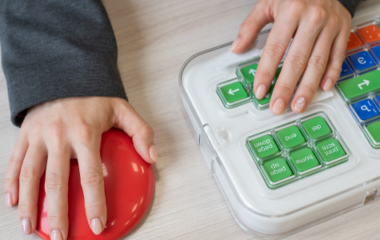
The Great Big Workplace Adjustments Survey sponsored by Microlink, explores the process, experience, and impact of workplace adjustments. Find out what disabled employees and managers said, view their recommendations for employers and download key infographics.
Neurodiversity
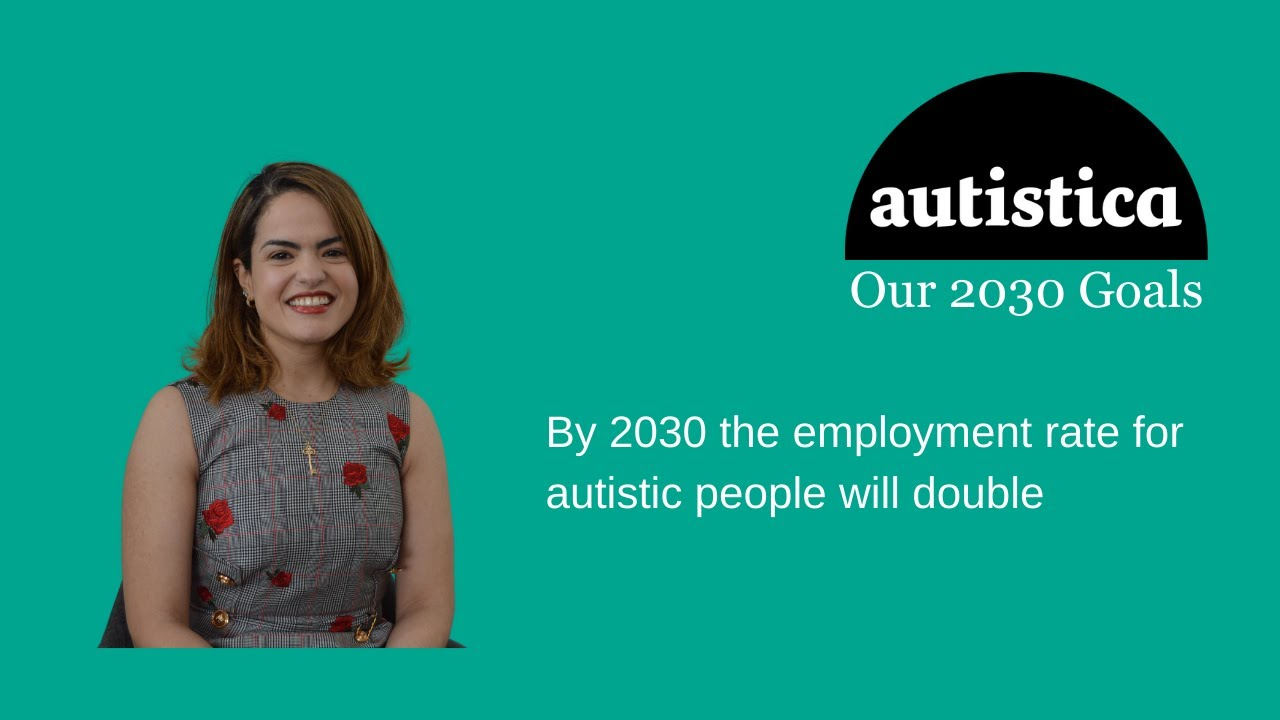
Talking about autism and neurodiversity at work autistica-talking-about-autism.pdf*
This guide aims to give you the confidence to talk about autism and neurodiversity at work, and with colleagues who have a diagnosis. Getting language right and having supportive conversations about strengths and challenges creates a culture of acceptance where staff can thrive.
Making your workplace accessible making-your-workplace-accessible-short.pdf*
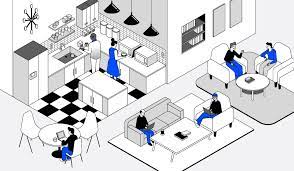
We can all benefit from being in a neurodiverse team. By having open and accepting conversations and making some small changes to be more inclusive, everyone can be happier and more productive at work.
This quick start guide provides simple tips to make your workplace more accessible to neurodivergent employees.
Inclusive interviews autistica-inclusive-interviews.pdf*

This guide aims to help you think about changes you can make before, during and after an interview to help autistic candidates. If you interview someone who is autistic they may find the interaction difficult, struggle with the uncertainty of going somewhere new or have added sensory differences. By taking away these barriers you can find the best candidates.
(Long reads)
Hult research, thinking differently: neurodiversity in the workplace

This project by Hult International Business School was set out to advance understanding of how neurodiverse individuals survive and thrive in the workplace.
Intelligent resource: supporting neurodiverse talent in the recruitment process
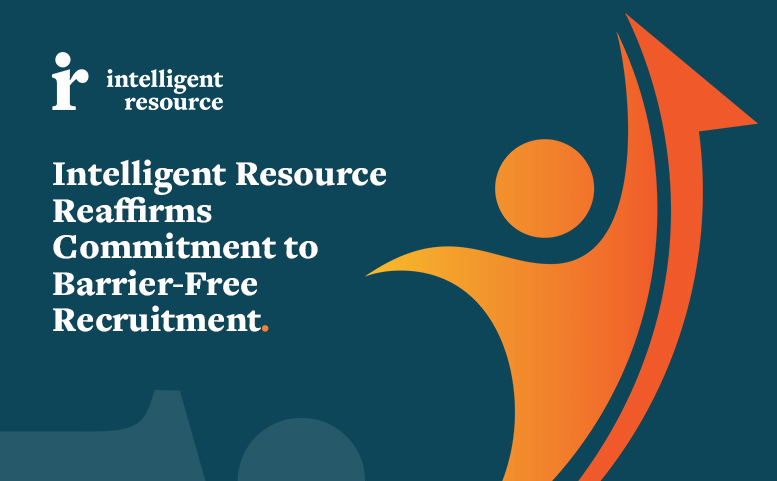
It is now widely accepted that workforce diversity is conducive to improved levels of innovation and profitability - and advancements in HR processes reflect the near universal desire to better engage with underrepresented groups. However, there is one demographic which is still slipping under the radar of the vast majority of talent acquisition heads – neurodiverse individuals.
Sight loss
Business Disability Forum’s Sight Loss Toolkit
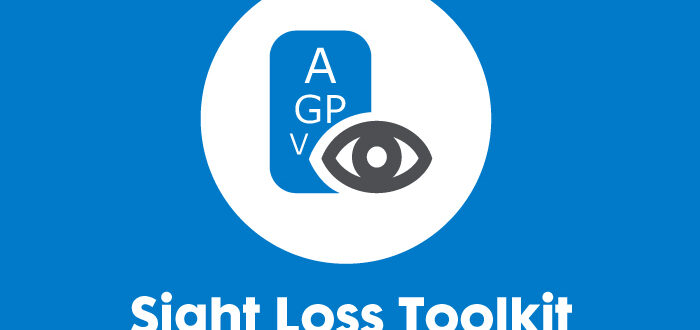
Understanding sight loss
IAPB research shows that 1.1 billion people globally have sight loss and the RNIB estimates that 250 people start to lose their sight every day in the UK. This is the equivalent of one person every six minutes.
Living with sight loss in a predominantly sighted world can be challenging. It can affect all aspects of everyday life including accessing healthcare, finding work, communication, getting around, and making purchases.
The Sight Loss Toolkit aims to remove these barriers by increasing understanding of sight loss.
Thomas Pocklington Trust - Sightloss Toolkit 2014

This Toolkit shares good practice principles around inclusion and engagement of visually impaired people in the research process and practical guidelines on producing accessible materials.
The toolkit highlights the most important issues, definitions and divergences so that researchers new to the sight loss sector can begin to build a knowledge base without ‘reinventing the wheel’.
We need to point out that this toolkit was created in 2014 to share good practice. Although the principles of engaging and recruiting research participants remain the same, some new platforms have emerged since this time.
Deafness
Access to Work

Access to Work is a Government grant to support deaf and disabled people to make work-related adjustments, such as enabling them to attend job interviews, getting on with their work or covering British Sign Language interpreter’s fees.
Career progression challenges and deaf people
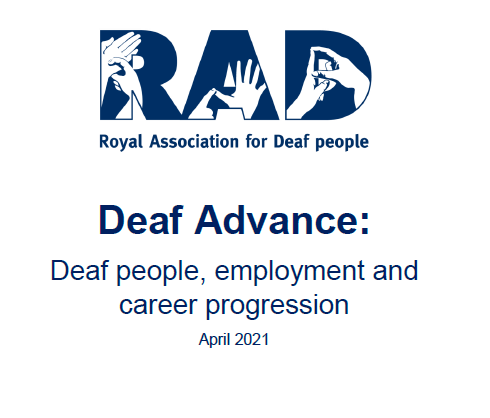
The Deaf Advance research report summarises the findings of a national survey of Deaf people to better understand the challenges they face in relation to employment and career progression. Included in the report are recommendations / suggestions on how organisations can support Deaf people to progress in their careers.
NRCPD

The National Registers of Communication Professionals working with Deaf and Deafblind people (NRCPD) is the national voluntary regulator of over 1,700 registered language service professionals such as lipspekers, translators, sign language interpreters, notetakers and Speech to Text Reporters. You can search for language service professionals to provide a communication service or to check whether the language service professional is registered.
The role of a British Sign Language interpreter
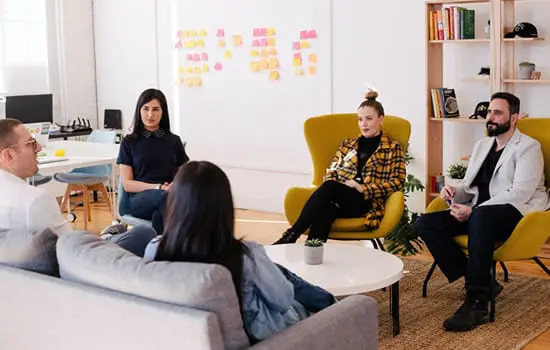
This website explains the role and qualities of becoming a sign language interpreter and the journey interpreters need to undertake to becoming registered with The National Registers of Communication Professionals working with Deaf and Deafblind people (NRCPD).
British Sign Language

Sign language varies across different countries globally but there are some signs that are internationally recognised to sign language users. In the UK, most people in the Deaf community use British Sign Language to communicate with each other.
Get the latest MRS news
Our newsletters cover the latest MRS events, policy updates and research news.











